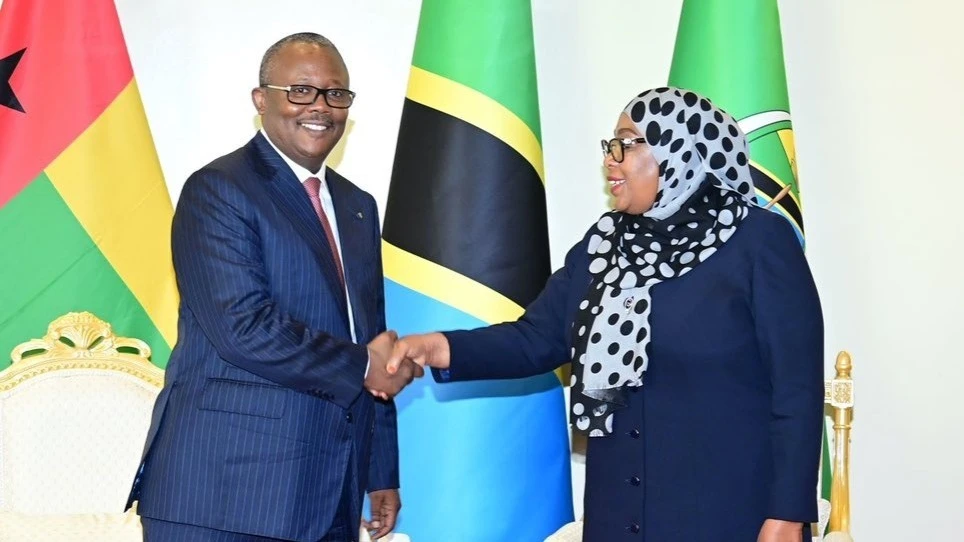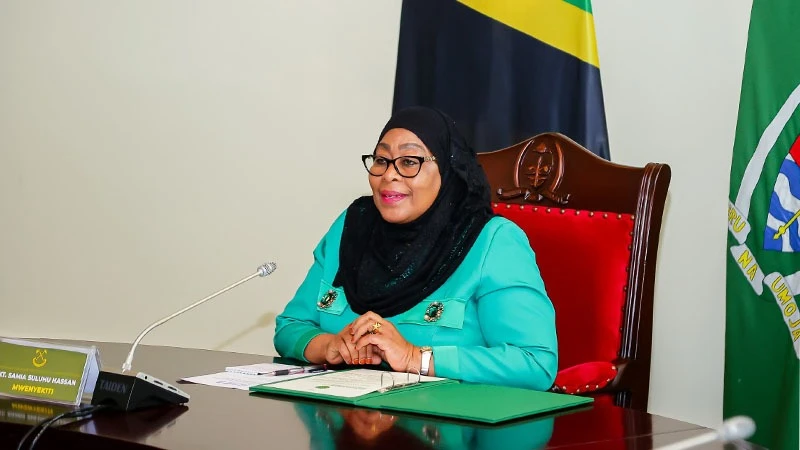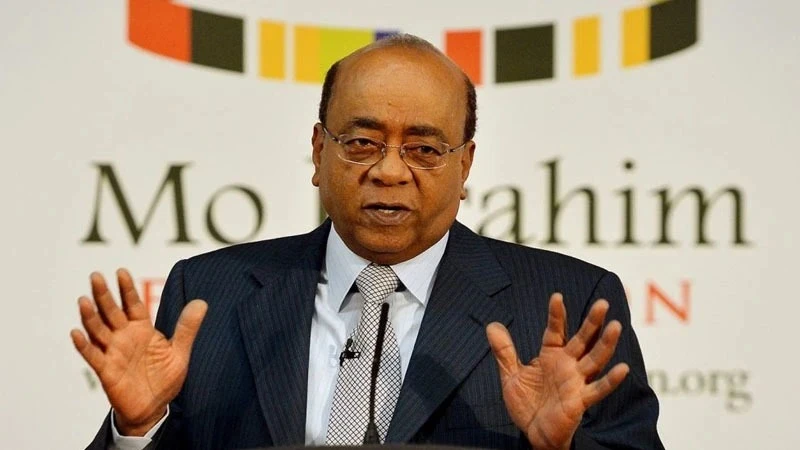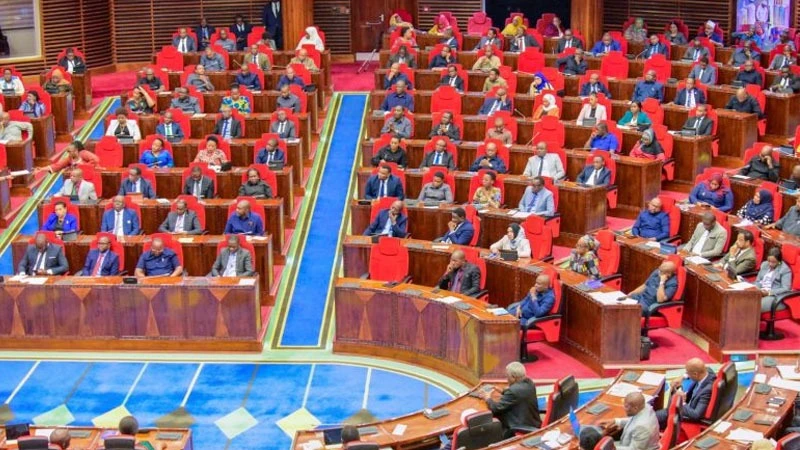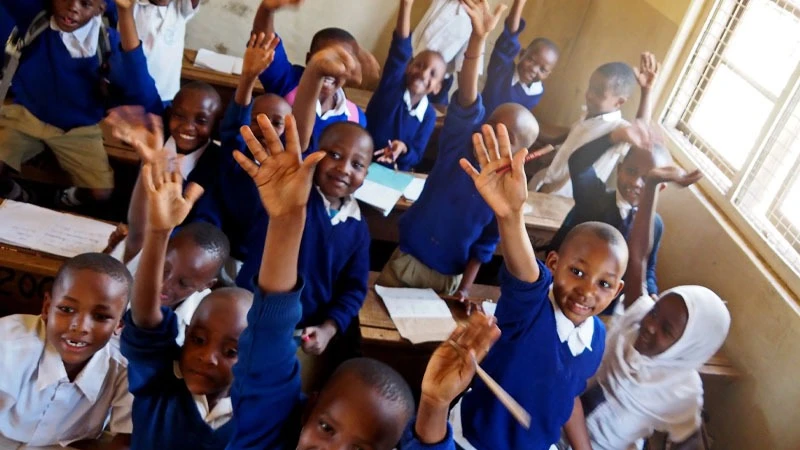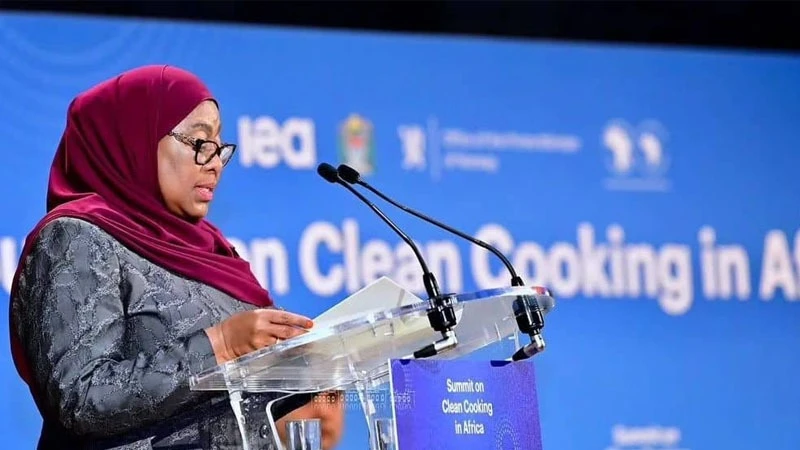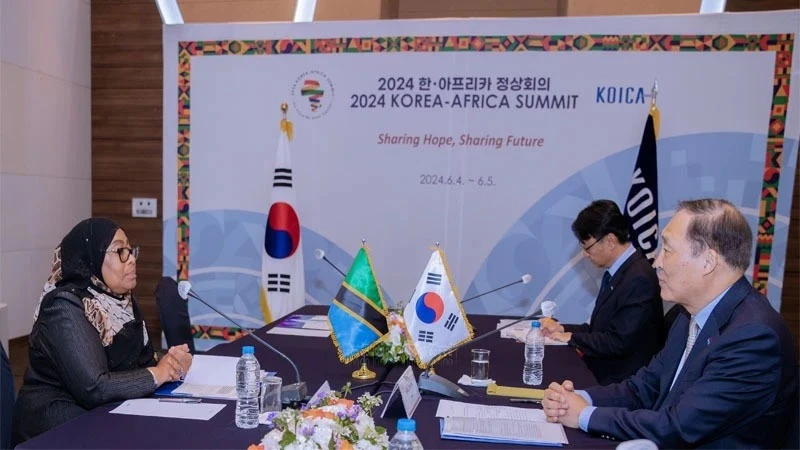Digital inclusion global mention indicates we’re on the right path

THERE is evident cause for optimism in the internet inclusion effort as the Tanzania Digital Inclusion Project (TADIP) is reported to have won an award courtesy of the feat of having closed the digital divide in the country.
The point is in linking the unconnected and under-served in rural areas and even urban centres, this while the project is still in the early stages.
But it is reported to have impressed bookmakers at the access to information and knowledge platform of the World Summit on Information Society (WSIS 2024) held last week in Geneva.
Implementing the project is the Internet Society Tanzania Chapter (ISOC-TZ) in Kigamboni District in the commercial capital, Dar es Salaam.
It is understood that stakeholders are doing their bit in the policy framework of no one being left behind in digital inclusion.
The Geneva event was an occasion where digital inclusion was being viewed positively, with the internet still associated with moral chaos in many places around the world.
It is an old story of Dr Jekyll and Mr Hyde, where the internet is good when it offers numerous economic opportunities but saddening when it comes to social drifts.
Those who received the Geneva award said that their project was among 1,049 projects from all over the world which entered the competition in the first round.
After screening, 369 projects proceeded to the second and final round, where the Tanzanian project was among those shortlisted for the top awards. As happened, the project was declared the winner in the ‘Access to Information and Knowledge’ category.
initiated in 2020, TADIP is a ten-year project now nearing midlife.
Surprisingly, it is said to be designed to connect 32.4 million people and train six million youths and women in digital literacy.
Among the project’s strong points are that it is set to have 1,500 Wi-Fi school info-hubs, 262,260 Wi-Fi community info-hubs and 12,437 Wi-Fi ‘super info-hubs’ to be installed across the country.
Increasingly, even those without smart phones are coming so closer and closer to internet ‘sights and sounds’ that the last vestiges of traditional culture will be compromised.
The village model and conservative urban households are giving way, with not just unemployment being a problem but also violence, at households and in streets via individual or group violent robberies in the image of traditional cattle rustling.
Some authorities are still doing the most they can to take the internet to the population, expecting that people will find openings in one way or another to obtain a living, amidst vast unemployment.
The authorities are also opening up the country to new investors in the reasonable expectation that doing so will create jobs and, obviously, increase revenues.
Many hope that the intervention will not mean touching the off-limits state-operated infrastructure and transport outlays.
Still, there are indeed land ownership or occupancy rights where credit is unlikely as well as virtually stagnant demand in comparison to rises in industrial investments and services.
It thus implies that not much of what the internet offers as opportunity will be used positively. Rather, what will gather pace is social contact where youthfulness, not skills, is a tradable asset.
Top Headlines
© 2024 IPPMEDIA.COM. ALL RIGHTS RESERVED







